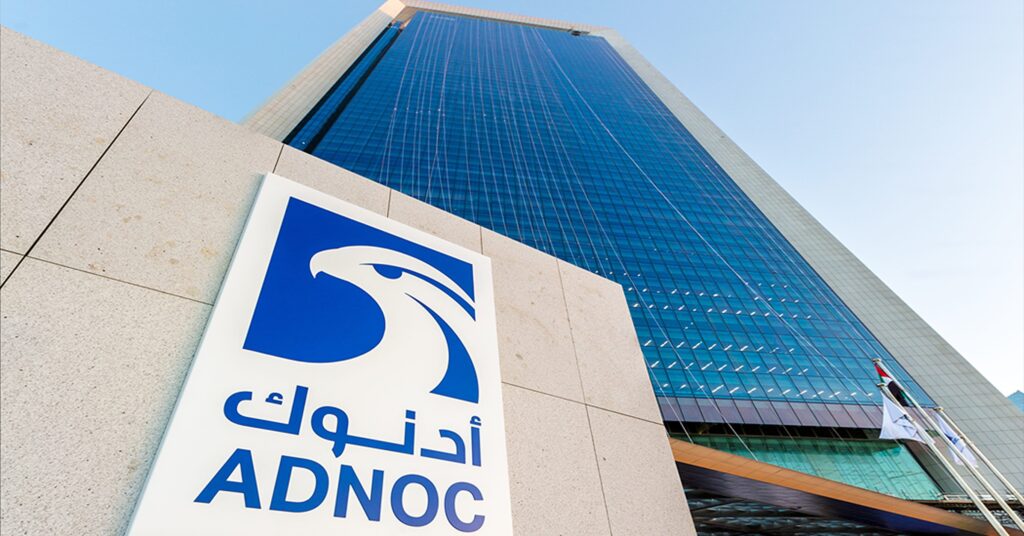The state-owned Abu Dhabi National Oil Company (ADNOC) of the United Arab Emirates recently explored the possibility of acquiring British oil giant BP, but these discussions remained at a preliminary stage, according to sources familiar with the matter.
The talks ultimately did not advance as ADNOC concluded that BP did not align with its strategic objectives. Political factors also played a role in this decision, one of the sources indicated.
BP, with a market valuation of 88 billion pounds ($110.3 billion), has been seen as underperforming compared to its peers, prompting speculation about its potential as a takeover target.
This speculation comes amidst significant consolidation activities among U.S. oil companies, though similar movements have not been seen among European oil majors.
BP’s strategy to aggressively shift towards renewable energy sources has not been well received by investors, leading to a reduction in its fossil fuel production plans earlier this year.
On the contrary, ADNOC has been expanding its oil and gas production capabilities. Led by CEO Sultan al-Jaber, the company aims to reposition itself as a global oil leader.
Despite not being publicly traded, ADNOC’s size makes it a viable contender to acquire smaller oil majors like BP.
In recent months, direct discussions between ADNOC and BP took place, and ADNOC also consulted with investment banks regarding a potential acquisition deal.
Sources revealed that ADNOC had considered various acquisition options, including purchasing a significant stake in BP.
This exploration of BP was part of a broader strategy by ADNOC to evaluate the market and strategic value of potential acquisition targets. However, one source remarked that these considerations did not progress significantly.
ADNOC’s interest in BP also ties into its broader strategy to enhance its portfolio in gas and liquefied natural gas (LNG), aligning with the UAE’s ambitions to expand its international footprint as part of its energy transition strategy.
This expansion includes investments in renewable energy and the petrochemical sector, with significant acquisitions like the purchase of OCI’s stake in Fertiglobe for $3.6 billion last December.
BP’s vulnerability as an investment has been highlighted by its low valuation relative to peers, despite having a strong asset base and significant growth opportunities.
This sentiment is reflected in the market’s reaction to BP’s plans, with its shares rising by as much as 2.5% in early trading on a recent Friday, outperforming broader market indices.
The ongoing collaborations between ADNOC and BP, including a joint venture in Egypt and other significant partnerships, illustrate a long-standing relationship spanning over 50 years.
However, the potential for a takeover is complicated by regulatory frameworks like the UK’s National Security and Investment Act, which allows government intervention in foreign acquisitions on national security grounds, particularly in the energy sector.
This regulatory environment has in the past led the UK government to block foreign takeover attempts of strategically important companies like BP.
